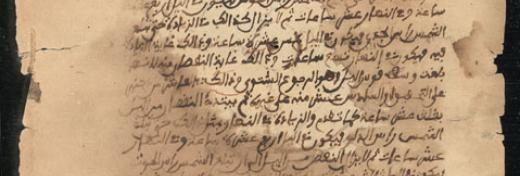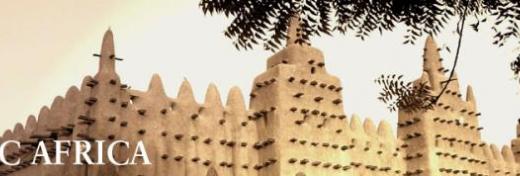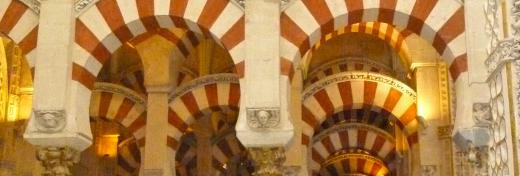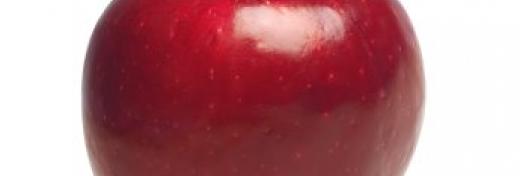The course medieval Iberia stresses the conflicts and encounters between Christians, Muslims, and Jews. Through the analysis of a wide variety of selected and translated primary sources as well as modern historiography, the course presents the main entities and processes evolving in Iberia from 711 to 1492. The major cultural entities approached are: Al-Andalus, Hispania, and Sefarad. The main processes are: the consolidation of states, the unfolding of military Campains, the development of cultural interactions, and the transformations of the economic and social life.
Announcements
|
From Course
|
From Course
The Algerian War for Independence (1954-1962) was one of the most violent anti-colonial conflicts of the 20th century. Fifty-years on, the events of the conflict continue to shape debates about torture, immigration, colonial history, and national identity. Despite its impact, however, the definitive history of the war remains to be written: as numerous historians like Benjamin Stora and Raphaëlle Branche have suggested, contested memories on either side of the Mediterranean contribute to a situation where for some, the trauma of the war seems not yet to have ended. |
|
From Course
This course will examine the various debates circulating in and around the Arab world related to the culture and politics of Arab societies. We will explore questions of representation in the region, whether that is Arab representations of themselves, Arab representations by the other, or minority struggles for representation. We will look at the relationship between individual, society and the state, and think critically about each of these concepts as they reproduce themselves and social relations. |
From Course
As a “world religion” Islam has had a profound influence on a broad array of nations, ethnic groups and local expressions of culture. It has played a role in shaping societies, politics, economics and law. Taking a broad, anthropological perspective on the study of religion, this course examines the many different ways in which culture and society have been influenced by Islam in different parts of the world. |
|
From Resource
Islam and Islamic Studies Resources For Studying Islam and the Diverse Perspectives of Muslims Information for the study of Islam, Qur'an, hadith, the Sunnah, Shi'ism and Heterodox Movements Sufism and Sufi Poetry Islam in the modern world, militant Islam, jihad, Islamist or extremist Muslims, and terrorism, Islam in Iraq, Muslim women, Islamic art, architecture, music, as well as Islamic history, theology, philosophy, and Arabic and other Islamic languages such as Persian, and religion in general. From University of Georgia. |
 From Resource
Subset of texts derived from the three major online Sourcebooks on Islamic History, along with added texts and web site indicators. For more contextual information, for instance about Western imperialism, or the history of a given period, check out these web sites. Page from the Fordham University, The Jesuit University of New York. |
|
From Resource
A non-profit, academic press, publishes interfaith scholarly works focused primarily on world spirituality. A peer-reviewed publishing house, Fons Vitae is distinguished for its significant English translations of key Arabic and Persian works, especially in the field of Sufism. |
 From Resource
Bibliography of recommended books on Islam from Dr. Abou El Fadl. |
 From Resource
Arabic manuscripts from Library of Congress from Timbuktu. |
 From Resource
Islamic Africa is a peer-reviewed, multidisciplinary, academic journal published by Northwestern University Press in collaboration with the Institute for the Study of Islamic Thought in Africa (ISITA), based at Northwestern University, Evanston. The journal incorporates Sudanic Africa, retaining its focus on historical sources, bibliographies, and methodologies. Islamic Africa promotes interaction between scholars of Islam and Africa across all continents and across historical periods. |


